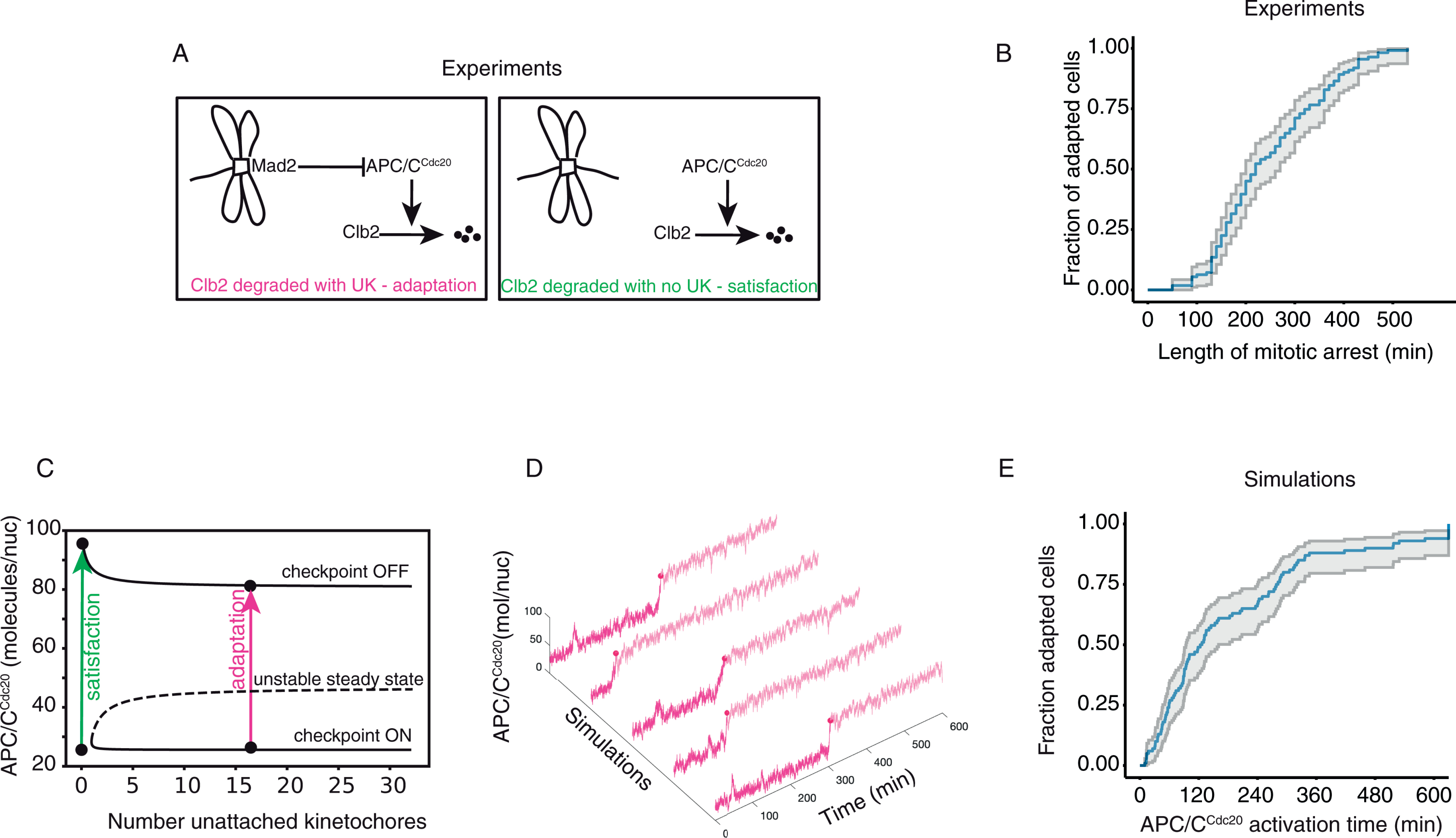The study includes contributions from several researchers, notably Alma Beatrix Stier, a graduate of the Molecular Bionics Engineering BSc program at Pázmány ITK, who is currently pursuing an MSc in Biomedical Engineering at the Vienna University of Technology. Among the authors is Dr. János Juhász, Assistant Professor at Pázmány ITK, whose research integrates laboratory experimentation with computational modeling. A certified bioinformatician, Dr. Juhász is a key member of the university’s Bioinformatics and Systems Biology research groups. His teaching—covering bioinformatics, biostatistics, and computational biology—is a cornerstone of our Bioinformatics MSc program, offering students direct access to internationally recognized, cutting-edge research. The senior author of the study is Dr. Andrea Ciliberto, affiliated with both Pázmány ITK and the IFOM Institute of Molecular Oncology in Milan. Additional co-authors include Paolo Bonaiuti (IFOM) and Fridolin Gross (Université de Bordeaux), who also made significant contributions to the research.
The study addresses a fundamental question in cell biology: how do dividing cells ensure equal distribution of genetic material between daughter cells? When this process is disrupted, cell division can stall—a mechanism leveraged by certain cancer therapies designed to inhibit tumor growth. However, some cells may eventually “slip” through this arrest, adapt to the drug, and resume division, even if the genetic material is unequally partitioned. This slippage not only diminishes treatment efficacy but also increases the risk of producing abnormal daughter cells, particularly after the withdrawal of the therapeutic agent.

By integrating experimental data from IFOM with computational modeling conducted at Pázmány ITK, the researchers developed mathematical models to describe these stochastic division events and their outcomes. Their simulations informed new strategies to prevent drug resistance and promote accurate chromosome segregation. These strategies were experimentally validated, underscoring the potential to enhance the safety and effectiveness of anti-mitotic cancer therapies.
This research exemplifies the power of interdisciplinary collaboration—at the intersection of biology, mathematics, and computer science—and highlights Pázmány ITK’s significant role in advancing biomedical innovation on an international scale. The laboratory experiments were conducted at IFOM, while the computational modeling was carried out at Pázmány ITK.
You can access the abstract of the article HERE.


